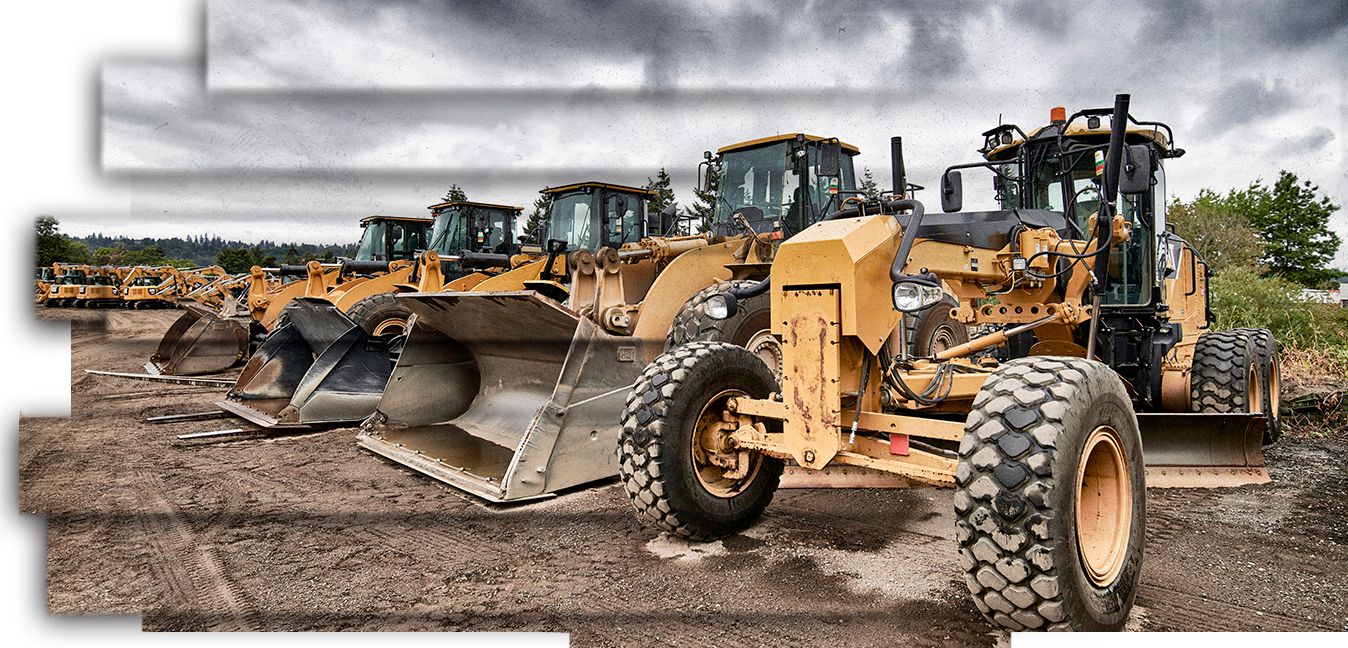

Sign In
Welcome! Sign In to personalize your Cat.com experience
If you already have an existing account with another Cat App, you can use the same account to sign in here
Register Now
One Account. All of Cat.
Your Caterpillar account is the single account you use to log in to select services and applications we offer. Shop for parts and machines online, manage your fleet, go mobile, and more.
Account Information
Site Settings
Security
Author: Small Business Expert | August 11, 2020 | Topic: Used Equipment
9 Things to Consider When Buying a High-Hour Used Machine
When there are thousands — or tens of thousands — of hours logged for a piece of used equipment, does that mean it's too old to work reliably for you? Not necessarily. Hours give you a glimpse at how long the machine has performed on the job, but it's vital to know how well the previous owner maintained it.
What should you look for in a higher-hour machine? We have several points to assess before you agree to purchase.
Tips for Evaluating a High-Hour Used Machine
1. Service History
Request the most recent records available for the equipment and as far back as possible. Was the machine part of a preventive maintenance program? The service history can identify components that haven't been replaced recently and could be costs that you're responsible for later.
The equipment's service record will tell you whether it was used or abused, so this is one of the most important things to look for when evaluating a high-hour used machine.
2. Tires
Check the condition of the treads and casing around the tires and identify any cracks, cuts or peeling. It's wise to verify the brand and whether radial or bias tires are right for your application.
3. Undercarriage
Pre-owned, high-hour construction equipment might have an undercarriage cluttered with debris or simply worn away. First, verify whether it's an OEM or aftermarket undercarriage, as the former is engineered for longevity with the product. For dozers and track-type machines, note the condition and alignment of the shoes, rollers and rails.
4. Cab
A comfortable working environment is crucial, so sit down inside the machine and check the cleanliness of the operating space. The seating upholstery should be intact, the dashboard features in good shape and the controls functioning as intended.
5. Fluids
The equipment's fluids, such as engine oil, coolant, hydraulics and transmissions, will tell you the strength of the machine's heart. Review the fluid-change intervals and look for signs of internal trouble, like leaks or frequent additions.
6. Work Tools
Visible wear and tear on the buckets, blades or other attachments can signal a lack of proper maintenance. Look for worn pins or bushings in need of replacement. Do you see evidence of repaired dings and scratches?
7. Paint
The paint's quality is a sign of good care. Rough surfaces or factory parts that shouldn't be colored are an indicator of a hasty repainting. Did an owner forget to tape off suspension components or hosing before spraying on a coat?
8. Machine Data
If a recent model has telematics data on-board, ask to see the reports of operator behavior. In some cases, equipment spends a chunk of the workday running idle and makes the hours appear higher than the actual operating time.
9. Cat Certified Used
When you encounter a Cat Certified Used listing, you're guaranteed that a technician trained by Caterpillar performed a detailed inspection already. All components, even on a high-hour used machine for sale, are checked or replaced to ensure the unit performs as best as possible. It also demonstrates a dealer can back the reported conditions with a comprehensive service record.

Contact Your Area Cat® Dealer
From lightly used to seasoned machines, the selection from Cat Used has it all at affordable price points. If there's a piece of used equipment you want to learn more about, get in touch with your local dealer to speak with an expert about the specifications. If your perfect machine isn't out there yet, sign up for email notifications when one matching your criteria is posted online.
